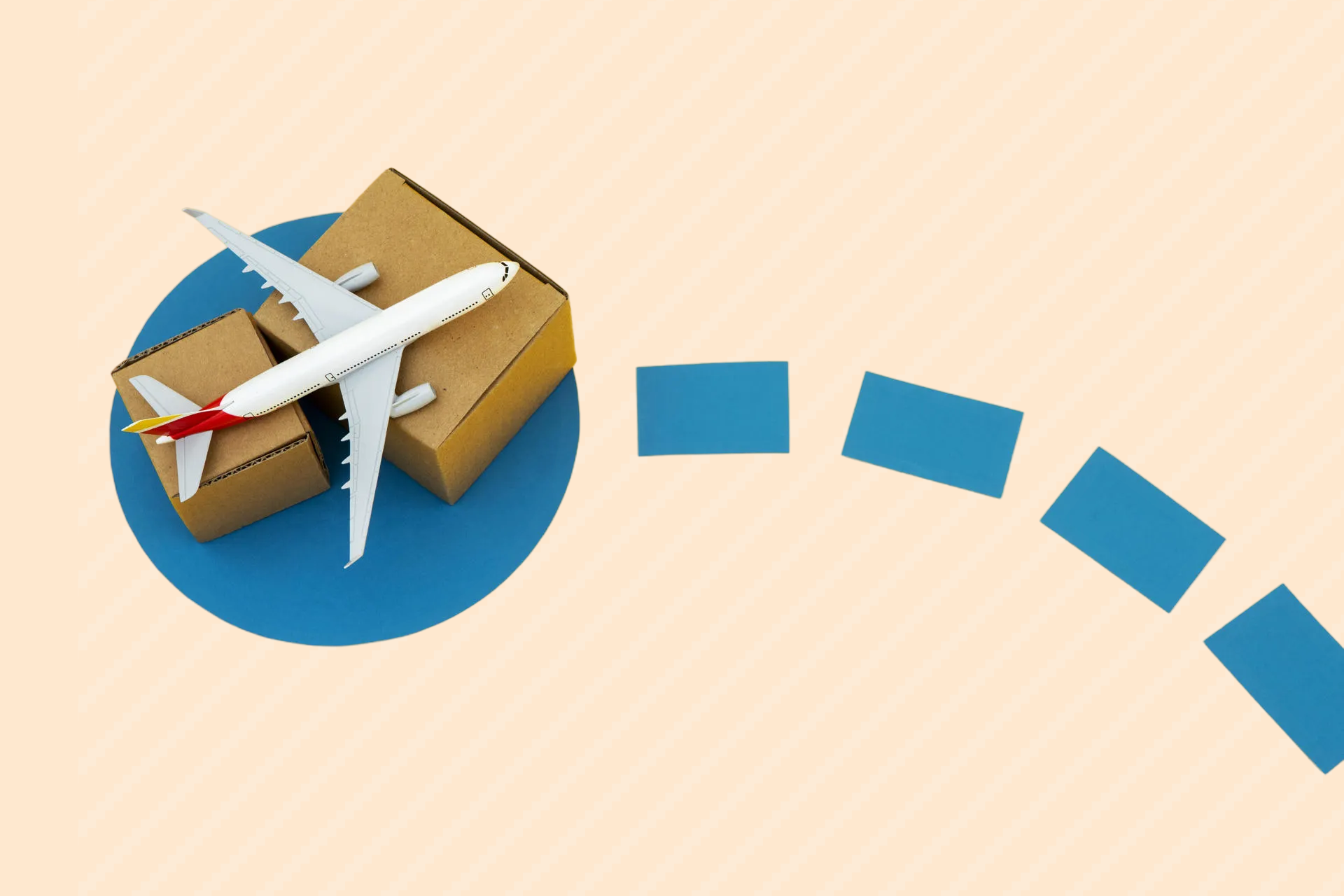An important aspect of starting any online business is deciding which payment gateway to use on your website. For business owners, this often comes down to a choice between one popular payment platform or another. In Nigeria for example, it’s usually a question of Paystack or Flutterwave. When we started building Terminal, we decided to use a single payment gateway to process all our online transactions and soon realised that it was not necessarily the best decision.
Before we dig deeper into why this was the case, it’s a good idea to explain the payment philosophy that we have at Terminal.
We believe that anyone making a payment on a website powered by Terminal, should have an experience that is native to their current location, regardless of where they are in the world.
For example, if a Kenyan business on Terminal serves customers in the United Kingdom, the website should provide payment options that customers in the U.K. are familiar with e.g. Stripe, PayPal, Klarna, etc. This creates a sense of familiarity and reduces that feeling of anxiety for first time shoppers.
With this in mind, it becomes clear why using a single gateway, was not the best decision. Looking back, we’d go a step further and suggest that even the combination of Flutterwave & Paystack could not solve this problem effectively for our Nigerian customers. So for us, the question should not be a choice between one or the other. Rather, business owners should first think about where their customers are located, what currencies are used in that location and then decide on the best payment gateways for that currency based on the options available in that region.
For Terminal, a platform that allows businesses accept payments in 12+ currencies, achieving true global payments with such a philosophy becomes a difficult task. In fact, we’re still quite some way from delivering on this promise, but we’re a lot closer than we were when we started 3 years ago. Let’s take a look!
Any business owner starting an online business on Terminal today, is able to leverage 5 payment gateways (Paystack, Flutterwave, Stripe, Apple Pay & Paypal), to give their customers around the world a native payment experience. Next year, we’re looking forward to adding Klarna, Alipay & M-Pesa to this lineup.

If you were going through the list above and thought “But Flutterwave supports PayPal and Paystack supports Apple Pay” you’re not wrong! While we acknowledge that having multiple options is a great first step, what makes Terminal unique is the way we apply each platform to work for your business. Digital wallets such as Paypal and Apple Pay provide unique benefits for eCommerce businesses beyond collecting money and we ensure that our businesses reap the full benefits of having these options.
For example, any PayPal or Apple Pay user knows that when they shop online, they should not have to type in their delivery address or contact information, as the platform already stores this securely. This means, one of the key benefits for businesses that accept Paypal, is that customers can checkout much faster on their websites. When customers shop in a currency where Paypal or Apple Pay is accepted, they can start the payment process in just 3 clicks. Once the payment is completed, Terminal works behind the scenes to retrieve the delivery address and contact information and provides this to the business without friction.

On the flip side, when we allow businesses accept over 12+ currencies via a plethora of payment gateways, we create 2 new challenges:
- How does a business owner receive the funds earned through sales?
- What happens when things don’t go so well and a merchant needs to send the money received back to the customer?
Terminal Digital Wallet

Every business on Terminal today, is equipped with a digital wallet that allows them to maintain funds in 2 currencies, their local currency e.g.(NGN, KES, GHS…) and U.S. Dollars. Regardless of the payment channel, funds earned through sales are deposited in this wallet and can be withdrawn to bank accounts linked to the platform.
When customers pay a business’s local currency, the business receives the funds in the designated wallet, while payments in all other transactions are converted to U.S. Dollars. This feature was very important to us because we understand the unique challenges that business owners in Africa face with foreign exchange restrictions. So it was absolutely vital that we provided businesses with a way to export their ideas and earn foreign exchange without the need to convert to the local currency.
Finally, it’s no use making things work in one direction if the reverse isn’t quite as seamless when things go wrong. So we allow our merchants to process refunds to customers in a single click!

This post is the second write-up in our series where we’re letting you (the African entrepreneur) understand how we’ve got your back, like no one else has.
In the next post, we’re taking a look at logistics on Terminal and how we’re helping small businesses around Africa leverage the best logistics platforms in the market to deliver their products to customers around the globe.
Thanks for reading!




.jpg)

Hello, my name is Bogdan. I am the owner of a Shopify store and I sell exclusively digital products (such as educational courses, e-books, etc.). I am currently testing new African markets, specifically in Nigeria, Kenya, and South Africa.
I need local verified payment gateways for Africa (Nigeria, Kenya, and South Africa), such as Nigerian Flutterwave to accept local payments (local cards, mobile money, and other popular payment methods in these regions). It is important that the payments are processed directly through Shopify, not via external links!
I already have payment gateways such as Stripe and PayPal installed, but they are not very popular in Nigeria. Since I am not a resident of Nigeria, I cannot directly register these local payment gateways (Flutterwave) to receive payments.
I am looking for an intermediary through which I can get a fully verified and working payment gateway and integrate it into my Shopify, while maintaining full control over the account and all incoming funds with the ability to safely withdraw them to my international accounts (eg Payoneer, Revolut, USDT or others).
Do you have a solution for me? Thank you!